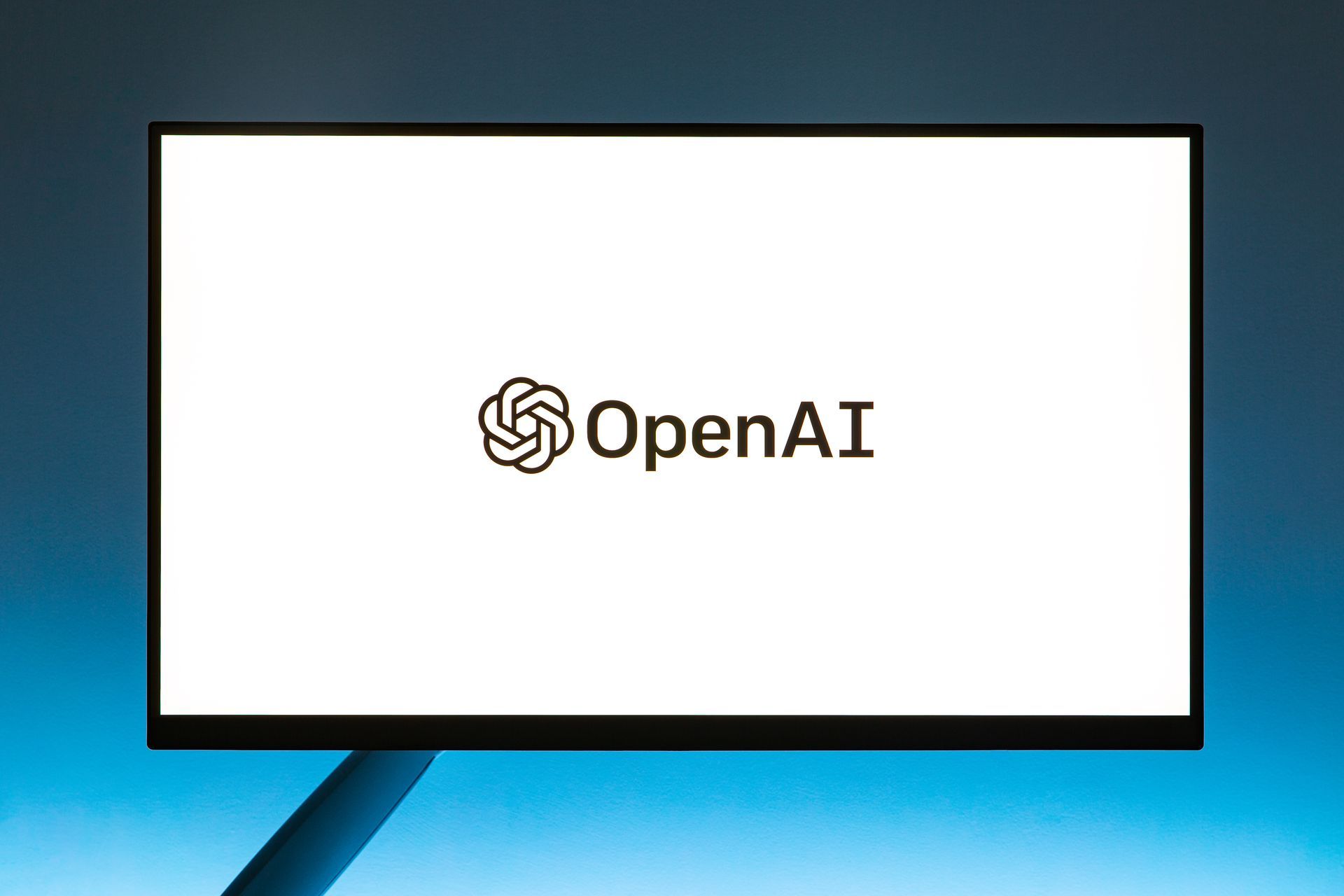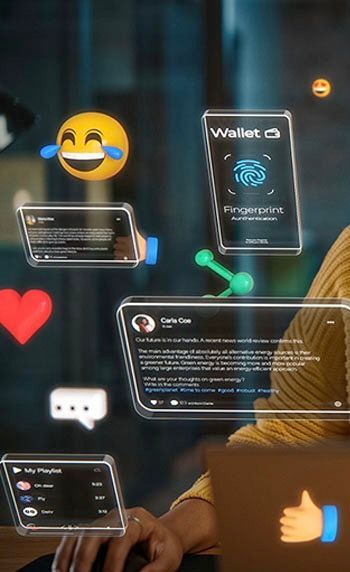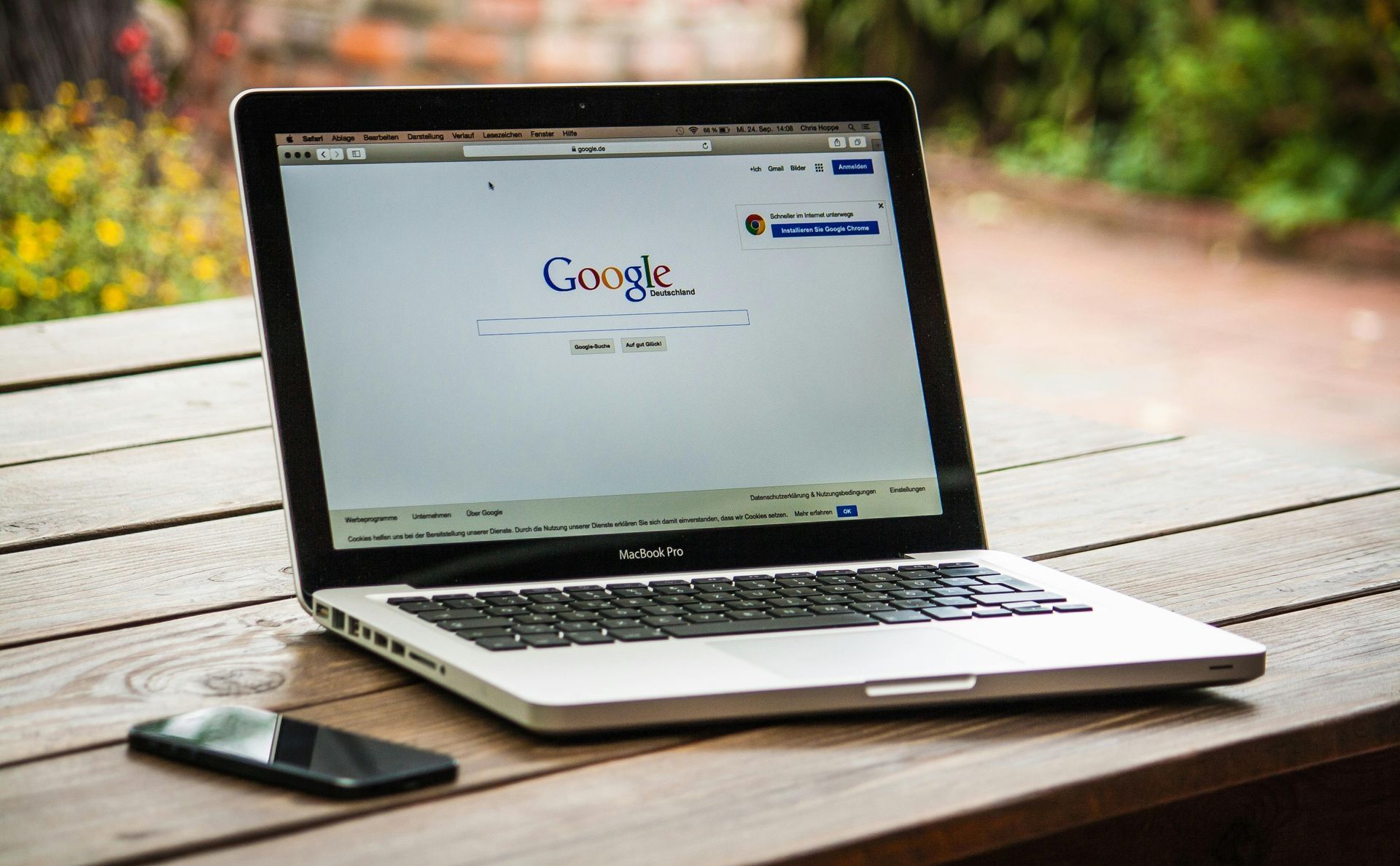AI and Machine Learning:
Revolutionizing Advertising with Hyper-Personalization and Predictive Analytics

The advertising industry is undergoing a transformative evolution, thanks to the advent of Artificial Intelligence (AI) and Machine Learning (ML). These technologies are not just buzzwords; they are reshaping how businesses approach marketing by enabling hyper-personalization and predictive analytics. Tools like ChatGPT and other generative AI applications are being extensively used for content creation, campaign optimization, and customer interaction. This blog delves into the profound impact of AI on advertising, backed by insights from industry experts and supported by compelling statistics.
The Power of AI in Advertising
Hyper-Personalization
Hyper-personalization takes traditional personalization to the next level by leveraging AI and real-time data to deliver highly relevant content to individual consumers. Unlike basic personalization, which might include addressing a customer by name or recommending products based on past purchases, hyper-personalization involves using AI to analyze vast amounts of data to understand customer behaviors, preferences, and even emotional states.
According to a report by Salesforce, 52% of customers expect offers to always be personalized. AI enables marketers to meet these expectations by analyzing data from various sources, including browsing history, social media interactions, and purchase patterns, to create highly targeted advertisements. For example, Netflix uses AI algorithms to recommend shows and movies tailored to individual user preferences, which significantly enhances user engagement and satisfaction (HubSpot Blog) (Thrive Internet Marketing Agency).
Predictive Analytics
Predictive analytics involves using statistical algorithms and machine learning techniques to identify the likelihood of future outcomes based on historical data. In advertising, predictive analytics can forecast trends, consumer behaviors, and campaign performance, allowing marketers to make data-driven decisions.
A study by Harvard Business Review found that companies using predictive analytics are 73% more likely to outperform their competitors in sales. By predicting which products a customer is likely to purchase, what time of day they are most responsive to advertisements, and even which marketing channels they prefer, businesses can optimize their ad spend and increase their return on investment (ROI) (Thrive Internet Marketing Agency).

AI Tools Transforming Advertising
ChatGPT and Generative AI
Generative AI models like ChatGPT are revolutionizing content creation by generating human-like text based on given prompts. These models can produce a wide range of content, from blog posts and social media updates to email campaigns and product descriptions.
Marketers are leveraging ChatGPT for brainstorming ideas, creating initial drafts, and even generating personalized responses to customer inquiries. This not only saves time but also ensures consistency and quality across all marketing communications. According to HubSpot, 61% of marketers believe AI will significantly impact their strategies in the next five years (HubSpot Blog) (HubSpot Blog).
Campaign Optimization
AI-driven tools are essential for optimizing marketing campaigns. These tools analyze real-time data to adjust bids, allocate budgets, and select the best-performing creatives. Google Ads, for example, uses machine learning to automatically optimize ad delivery based on user behavior and preferences.
Thrive Internet Marketing Agency highlights that AI can analyze past campaign data to predict future performance and suggest improvements. This continuous optimization process ensures that campaigns remain effective and cost-efficient, maximizing the ROI (Thrive Internet Marketing Agency).
Enhanced Customer Interaction
AI-powered chatbots and virtual assistants are transforming customer interaction by providing instant, personalized responses to queries. These tools can handle multiple interactions simultaneously, ensuring that customers receive timely support without overwhelming human agents.
According to a study by Gartner, by 2025, 80% of customer interactions will be managed by AI. Chatbots can answer frequently asked questions, assist with product recommendations, and even process orders, significantly enhancing the customer experience and freeing up human agents to handle more complex issues (HubSpot Blog) (Thrive Internet Marketing Agency).

Real-World Applications and Success Stories
Sephora’s Virtual Artist
Sephora, a global cosmetics retailer, has successfully integrated AI into its marketing strategy with the launch of its Virtual Artist app. This AI-driven tool allows customers to try on different makeup products virtually. By analyzing the user's facial features, the app provides personalized product recommendations and tutorials.
The Virtual Artist app has not only increased customer engagement but also boosted online sales by providing a personalized shopping experience. This innovative use of AI showcases how brands can leverage technology to enhance customer interaction and drive sales (HubSpot Blog) (Thrive Internet Marketing Agency).
Coca-Cola’s AI-Powered Marketing
Coca-Cola utilizes AI to analyze consumer data and predict future trends. By leveraging AI-driven insights, the company can create highly targeted marketing campaigns that resonate with specific audience segments. Additionally, Coca-Cola uses AI to optimize its supply chain, ensuring that products are available where and when they are needed.
This comprehensive use of AI has enabled Coca-Cola to stay ahead of market trends and maintain its competitive edge. The success of Coca-Cola’s AI initiatives underscores the importance of integrating advanced technologies into marketing strategies (HubSpot Blog) (Thrive Internet Marketing Agency).

The Future of AI in Advertising
Continuous Evolution
As AI technology continues to evolve at a rapid pace, its applications in advertising are expected to become even more dynamic and innovative. With ongoing advancements in natural language processing, computer vision, and machine learning, advertisers can harness the power of AI to make increasingly accurate predictions, delve deeper into personalized marketing strategies, and achieve greater levels of automation than ever before. This transformative technology is set to revolutionize the advertising industry, providing advertisers with new opportunities for targeted and effective campaigns that connect with consumers on a more personalized level.
Ethical Considerations
While the benefits of AI in advertising are substantial, it is crucial to address ethical considerations to ensure its sustainable success in the industry. Issues such as data privacy, algorithmic bias, and transparency must be carefully managed to maintain consumer trust and confidence in the technology. Brands that prioritize ethical AI practices will not only comply with regulations but also build stronger relationships with their customers, fostering long-term loyalty and positive brand image. Emphasizing transparency, fairness, and accountability in AI advertising strategies can ultimately lead to greater consumer acceptance and support for AI-powered initiatives within the marketing landscape.
Integration with Emerging Technologies
The integration of AI with emerging technologies such as augmented reality (AR) and virtual reality (VR) will revolutionize the advertising landscape by offering highly engaging and personalized experiences for consumers. By leveraging AR, brands can enable customers to seamlessly interact with virtual product simulations in their own living spaces, providing a powerful and interactive shopping experience. On the other hand, VR presents brands with the opportunity to transport consumers into fully immersive digital environments, allowing them to engage with and explore products in an entirely new and captivating way. This convergence of AI, AR, and VR in advertising not only enhances consumer interaction but also represents a creative and innovative approach that is shaping the future of marketing strategies.
Conclusion
AI and machine learning are revolutionizing the advertising industry by enabling hyper-personalization and predictive analytics. Tools like ChatGPT and other generative AI applications are transforming content creation, campaign optimization, and customer interaction, providing marketers with powerful tools to enhance their strategies. As AI technology continues to advance, its impact on advertising will only grow, offering new opportunities for innovation and growth.
By leveraging AI, brands can not only stay competitive but also create more meaningful and personalized experiences for their customers, ultimately driving engagement and sales. As we move forward, the integration of AI into advertising strategies will be essential for businesses looking to thrive in the digital age.
References
- HubSpot. (2023). How AI is Transforming Marketing. Retrieved from HubSpot Blog
- Thrive Internet Marketing Agency. (2024). 20 Key Advertising Trends To Watch in 2024. Retrieved from Thrive
New Paragraph

